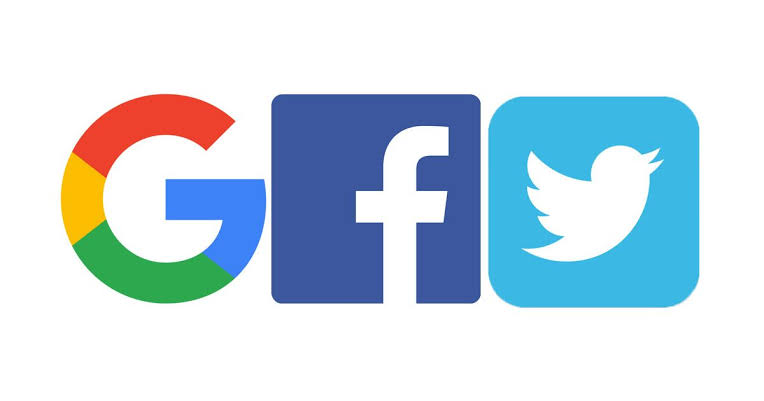Tech
Twitter, Facebook, Google Not Liable For Postings That Endorse Terrorist Attacks – US Supreme Court

The US Supreme Court left in place a broad liability shield for social media companies for content posted by users, insulating Twitter Inc., Facebook Inc. and Google LLC from claims that they provided assistance to Islamic State terrorists.
Acting in a case involving Google, the court said it wouldn’t rule on efforts to limit the immunity internet companies have enjoyed under a decades-old law known as Section 230. In a related case, the court tossed out a lawsuit that said social media companies bore responsibility under an anti-terrorism law for a 2017 shooting in an Istanbul nightclub.
The unanimous decisions together amount to a triumph for social media platforms, assuaging fears that the tech industry might face a new deluge of lawsuits and remove speech across their platforms. At least for the time being, the outcome means it would take an act of Congress to broadly open social media companies to lawsuits over third-party content.
The ruling in the Istanbul case put new limits on lawsuits under the US Anti-Terrorism Act. The court rejected allegations by the family of victim Nawras Alassaf that three social media companies didn’t do enough to remove Islamic State videos.
Writing for the court, Justice Clarence Thomas said any connection between the companies and the nightclub attack was “far removed.”
“The allegations plaintiffs make here are not the type of pervasive, systemic, and culpable assistance to a series of terrorist activities that could be described as aiding and abetting each terrorist act by ISIS,” Thomas wrote.
The high court’s Section 230 case involved Nohemi Gonzalez, a 23-year-old US citizen who was one of 130 people killed in attacks by the Islamic State group in Paris in November 2015. Her family said Alphabet Inc.’s Google, through its algorithm-driven YouTube recommendations, aided the Islamic State in violation of the Antiterrorism Act.
In an unsigned opinion, the court said that lawsuit “appears to state little, if any plausible claim for relief.” The justices set aside a federal appeals court decision that had let the suit go forward.
Tech companies and their allies said weakening Section 230 would have had disastrous effects, forcing social media platforms, search engines and online marketplaces to radically reconfigure their businesses to protect themselves. Critics of the industry called those worries overblown, saying internet companies need to bear more responsibility for the proliferation of dangerous hate speech and disinformation.
Enacted as part of a broader 1996 law, Section 230 is widely credited with helping the internet flourish, giving platforms assurance that they wouldn’t be at risk of lawsuits for things their users post.
But the provision has drawn criticism from both sides of the political aisle. Conservatives including former President Donald Trump complain Section 230 shields tech companies that censor right-wing voices, while many liberals say it lets platforms ignore hate speech and extremism.
The cases are Gonzalez v. Google, 21-1333, and Twitter v. Taamneh, 21-1496.


 Top Stories15 hours ago
Top Stories15 hours agoTinubu’s Aide Condemns Plan To Reinstall ‘Jesus Is Not God’ Banner In Lekki Mosque

 Top Stories10 hours ago
Top Stories10 hours agoBreaking: FIRS Announces Fresh Recruitment, See Eligibility Criteria, Application Deadline

 News16 hours ago
News16 hours agoPetrol To Sell ₦935/Litre From Today – IPMAN

 Top Stories16 hours ago
Top Stories16 hours ago2025 Budget Cannot Address Nigeria’s Economic Challenges – Atiku

 Top Stories13 hours ago
Top Stories13 hours agoPrimate Ayodele’s Prophecies For 2025

 Entertainment16 hours ago
Entertainment16 hours agoI will be more influential in Nigeria than UK – Tobi Adegboyega

 News16 hours ago
News16 hours agoPresident Tinubu’s reforms not responsible for food stampedes – FG








